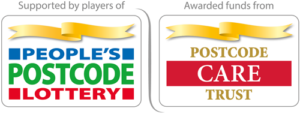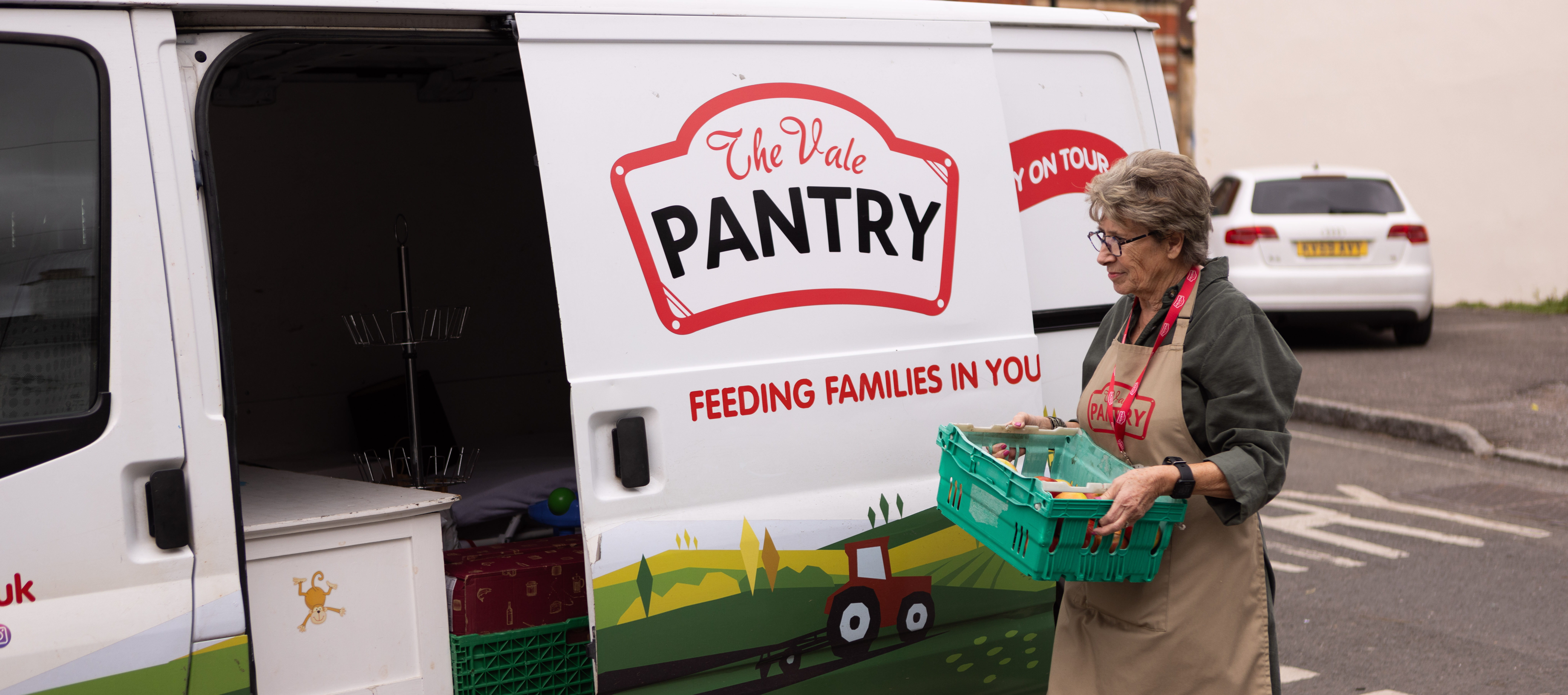
Supporting Rural Communities
The Royal Countryside Fund remains one of very few funders focused on rural communities across the UK.
Our experience shows that, by working with local organisations, we can help to address the challenges faced by those who live and work in rural areas.
We have just launched our exciting new strategy, setting out our vision for our work over the next four years. You can read more about this here.
As a result of this, we have paused our current grant programme and won’t be accepting applications in the coming months. We are planning to launch our new, reshaped grant programme this autumn. This will have a differentiated, focused approach, centred around increasing the resilience, sustainability and financial viability of rural communities, helping them to develop the skills and solutions they need to survive and thrive.
If you would like to receive more updates about this programme when they become available, please enter your email in the box below.
In the meantime, our website has lots of information about what we do, projects which we have supported and our Confident Rural Communities Network, which brings together the 300+ rural community organisations who have benefited from The Royal Countryside Fund’s grant programme since its inception in 2010.
Sign up to receive the latest news about our grant programme:
Recent community projects:
Blackhall Mill Community Association
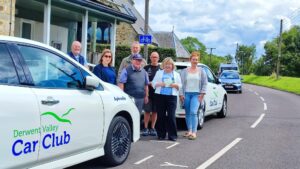 The project: Development of a scalable model of their community EV car club. Building on research they have conducted, this innovation will accelerate the speed at which they can support the development of new clubs, decarbonise transport, improve accessibility and strengthen the sustainability of the club for their community
The project: Development of a scalable model of their community EV car club. Building on research they have conducted, this innovation will accelerate the speed at which they can support the development of new clubs, decarbonise transport, improve accessibility and strengthen the sustainability of the club for their community
Themes: environmental sustainability, economic viability
What we liked about it: This activity demonstrates clear replicability and is highly innovative, providing significant additional benefits alongside improving access to transport in their isolated community. Additional benefits include generating an income stream for the community, ensuring the future long-term viability of the club, helping to decarbonize transport and reducing isolation and loneliness. This organisation also demonstrates good collaboration and connectedness with others in their local area and they identified a clear need for the project within their own community and further afield.
Transition North Ronaldsay

The project: Creating a self-sustaining community enterprise turning their island’s plastic waste into useable products that benefit the community. The products are developed with the community and can be traded in for remanufacturing, creating an innovative circular economy on the island whilst removing litter from the coastline.
Themes: environmental sustainability, economic viability
What we liked about it: This was a particularly innovative project that clearly outlined how the initiative would be sustainable long-term through strong business planning. They also demonstrated additional economic, environmental and social benefits, including supporting employment and protecting biosecurity and outlined how the project would contribute to creation of a circular economy on the island.
Black Mountains College
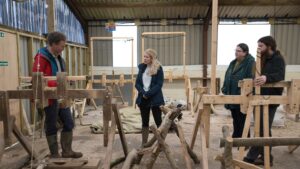 The project: Deliver community-based vocational training and short courses, work with local organisations to strengthen community provision and create new community spaces which are accessible to everyone.
The project: Deliver community-based vocational training and short courses, work with local organisations to strengthen community provision and create new community spaces which are accessible to everyone.
Themes: Environmental Sustainability, Economic viability
What we liked about it: BMC carried out wide consultation to determine which courses were most needed and works closely with other local organisations to strengthen community provision and facilitate economic clustering. Through their courses they also create new community spaces (orchards, woodlands, gardens, meadows) which are accessible to everyone and are aiming to establish a model circular economy which could be replicated in other communities across the UK.
Grizedale Arts and The Farmer’s Arms
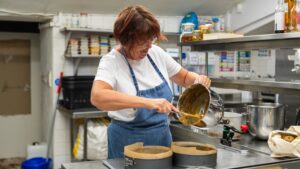 The project: In collaboration with the community, turned an old pub into a dynamic, creative and industrious rural hub through learning and skill exchanges, business development and volunteer placements.
The project: In collaboration with the community, turned an old pub into a dynamic, creative and industrious rural hub through learning and skill exchanges, business development and volunteer placements.
Themes: Economic viability
What we liked about it: This project had significant reach and impact, with strong quantitative and qualitative evidence of need in the form of survey results, monitoring & evaluation data and testimonials. They went beyond simply purchasing the pub and used community consultation to turn it into a hub providing a range of services. Their programmes aim to provide education and social engagement opportunities in wide-ranging skills; support business start-up programmes to encourage entrepreneurship and a circular local economy that supports local business recovery; encourage environmental stewardship and biodiversity on the inn’s land; champion new green energy ideas and support other local businesses to do the same. They also connect the resources held within rural spaces globally with a learning exchange programme that maintains and enhances the value of rural life, inviting other communities to collaborate.
Happiness Grants
Waitrose & Partners provides additional support to projects and organisations with our new Happiness Grants initiative. In 2024, we’re supporting two transformative projects making an impact in rural Britain: The Vale Pantry in North Dorset and North Norfolk Community Transport.

360Giving
The Royal Countryside Fund is committed to transparency and we work with 360Giving to publish information about our grants. 360Giving is an initiative that aims to help UK funders publish their data in an open and standard format online. You can explore our grant-making, and that of over one hundred other funders, using 360Giving’s GrantNav and Insights tools.
Using the 360Giving Data Standard, our awarded grants since 2022 are available to download as an excel file here.
This work is licensed under the Creative Commons Attribution 4.0 International License. This means the data is freely accessible to anyone to be used and shared as they wish. The data must be attributed to The Royal Countryside Fund.
We believe that with better information, funders can be more effective and strategic decision makers. 360Giving supports funders to publish open data about their grants and empowers people to use this data to improve charitable giving through a range of free online tools. For more information, visit the 360Giving website.
Village Survival Guide
Want to get your community up and running? Our Village Survival Guide offers hints, tips, and practical advice from people who’ve made a real difference in their rural community. Purchase yours today!

Other sources of funding
- We recommend looking at the small grant programme at King Charles III Charitable Fund (KCCF). The small grants programme supports projects across six funding themes: Heritage and Conservation, Education, Health and Wellbeing, Social Inclusion, Environment, and Countryside. You can find out more about KCCF’s work, the small grants eligibility criteria and application process here.
- If you have a village hall with a small capital project, you could have 20% of the cost covered up to £5,000 through Action with Communities in Rural England. More information about the application and eligibility can be found here.
- Charitable organisations in England can apply for a free Independent Energy Assessment, as part of the VCSE Energy Efficiency Scheme. The assessment provides a comprehensive evaluation of a building’s energy usage, efficiency and potential for energy saving. Following the assessment, an organisation may then apply to the scheme for a capital grant of up to £150,000 to install energy saving measures. More information can be found here.
- The SUEZ Communities Fund in England provides grants between £3,000 and £50,000 for community projects delivering capital improvements to public amenities. These may include village hall improvements, village greens, country parks, nature reserves and conservation. More information can be found here.
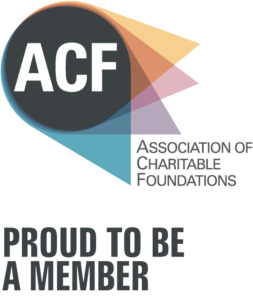
We are grateful to players of People’s Postcode Lottery for their ongoing support.
